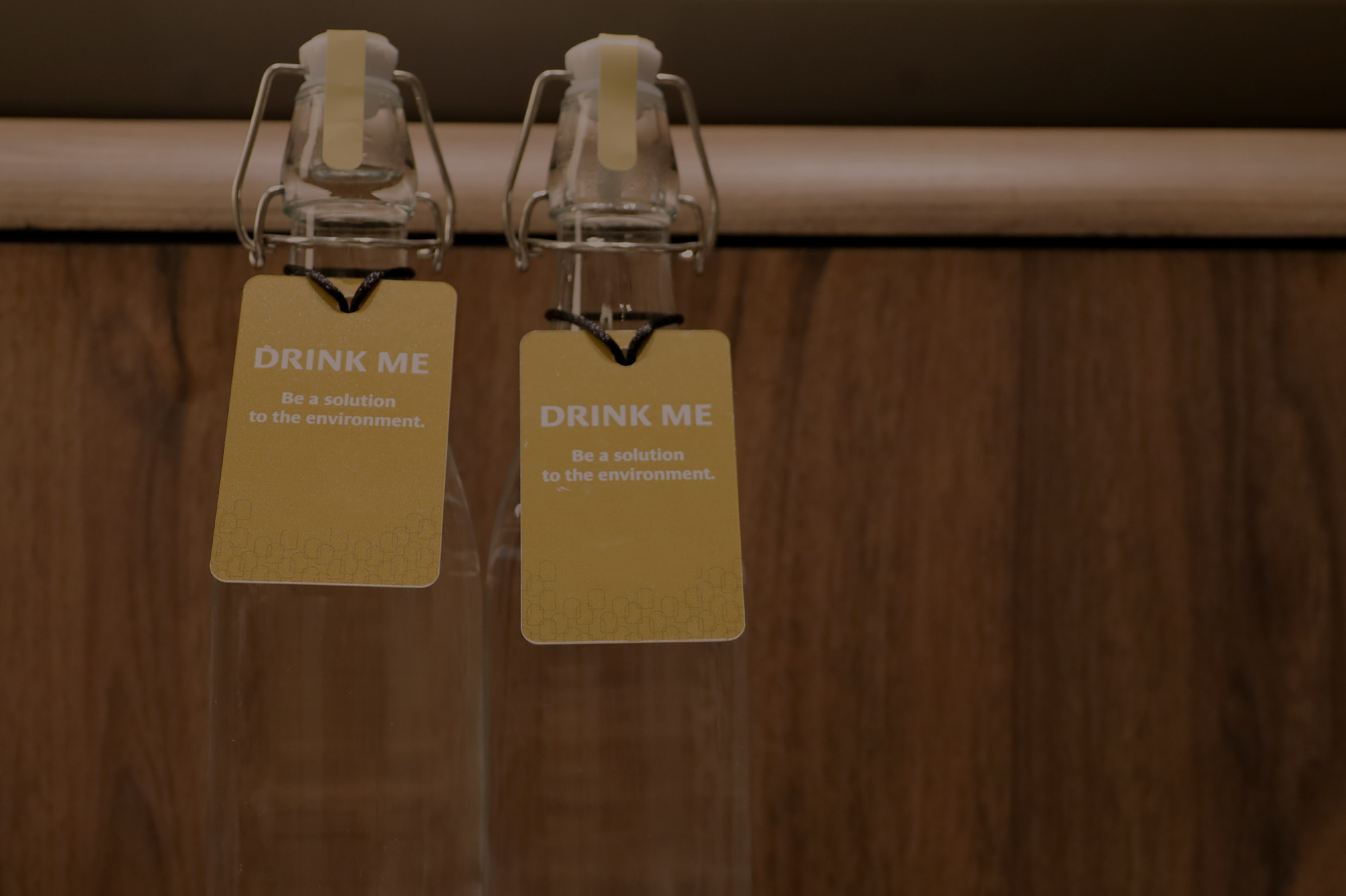
Sustainability: Making Smart Choices
August 2, 2025

All Juice, No Joy
July 31, 2025
The Client is at the Centre of Everything We Do
August 2, 2025In this second part of a deep dive into sustainability, Joseph Galea delves into how hotels can embark on a greener approach without the need to fork out large investments.
Sustainable hospitality requires hotels to reduce the consumption of resources like fossil energy and water. Even if the need of lowering costs was not the initial objective of turning to sustainability practices, the drive to go green will lead the hotel to have a less costly operation.
Some initial steps to going green are possibly already being implemented by most hotels. If these are not, these first steps should be regarded as the low-hanging fruit which can easily be adopted with a little effort and small investments. An easy initiative to adopt is the cutting down on the use of plastic water bottles by adding a water-bottle filling station in the lobby.
One can even get extra mileage by offering a reusable hotel branded bottle to guests. Many hotels try to promote the idea of reusing bath towels and installing additional, maybe heated, towel racks in bathrooms to make it easy for guests to reuse the towels.
Eliminating the small soap and shampoo bottles in bathrooms and replacing them with dispensers is a practice that has been adopted by many and the savings in cost are not to be ignored. Similarly, replacing packed small portions of butter, jams, honey, yoghurts, cereals and other breakfast or snack supplements with beautifully presented larger jars or having smaller portions prepared in the kitchen, can be easily adopted.
Automatic switch off of light or water flow when not in use is also a practice that does not create any discomfort to guests. Digitalisation is a big help in the path to sustainability and smart in-room technology makes it easy to achieve green credentials and lower costs.
Guest services ranging from remote check-in/check-out to keyless entry cut down on lost plastic key cards, reduce paper usage, and can even help minimize overstaffing while giving a degree of flexibility to the guest. Also emailing invoices, rather than printing them out and handing them in an envelope, helps.
Hotels can make smart choices in furnishing guest rooms with natural fibre sheets and furniture made of sustainable and eco-friendly durable materials to also ensure a prolonged lifespan. Ensuring proper insulation and installing energy-efficient windows will minimize heating and cooling needs and hence costs. The rooms should be stocked with reusable coffee mugs and glasses rather than plasticware, paper, or even polystyrene. Guests increasingly want to do their part, and the hotel would do well to set up recycling stations throughout the hotel.
Shopping locally is also part of a sustainable hotel operation. It is a fact that in Malta we have limited supply of local food from farmers and food providers. However, whenever possible purchasing local produce will enhance the guest experience, but also support local farmers while also reducing the carbon emissions caused when transporting these from abroad.
Sustainability must be embraced by all the team at the hotel and employees are key to putting a hotel’s environmental policy into practice. Many hotels appoint a responsible person to oversee the sustainability efforts and to ensure that they’re always prioritized. Large hotel chains like Marriott and Hilton have appointed senior management positions that oversee sustainability efforts.
I can appreciate that many local or independent hotels do not have the luxury of engaging such a person fully dedicated to sustainability, but one of the employees can become a Sustainability Champion to drive the whole team towards adopting and achieving green goals. Existing employees need to be briefed and guided on the green policies, and new employees need to have sustainability training as part of their onboarding process.
As a next step, building a sound relationship and working with suppliers and partners, including laundry partners, suppliers of cleaning materials and others that embrace sustainable working practices, will help too. The effort on all levels will give leverage to the ideal product supply chain and soon it will become easier to acquire these products.
Green travel is not the future: it is now. If your operation is not in the process of transitioning to a more sustainable hotel, you’re missing out on this wave, and lose the opportunity of gaining more guests and saving money in the process.
There is no denying that going green requires some initial investments – and there is no denying it can get costly. However, just by focusing on the immediate return on your investment through a reduction in operation expenditure, makes adopting sustainability a no-brainer. Grants are available to cushion the initial investment, in the effort to update our hospitality product and move in line with this global trend.
The obvious startIng point is the conviction that sustainability is the only way forward. Ignoring this movement means that the properties that do not comply, may soon be overtaken by new hotels that are steadily being developed and others that are already sustainably certified or are on the path to achieve this.
Seeking the support of the Malta Tourism Authority or of sustainability consultants will help the hotel move steadily into this new green wave and achieve sustainability certification in the process. It is no longer a matter of ‘if’, or even ‘when’ - it’s a matter of now.
Check out the first part of this article here.

Joseph Galea JG Tourism Solutions (joe@jgtourismsolutions.com)
Joseph Galea is the founder of JG Tourism Solutions, a consultancy that offers its expertise to the hospitality, tourism and aviation sectors. He was formerly Director of International Marketing at the Malta Tourism Authority and, more recently, Acting Chief Executive of Air Malta.
Click here to see Horeca Issue 20 online



